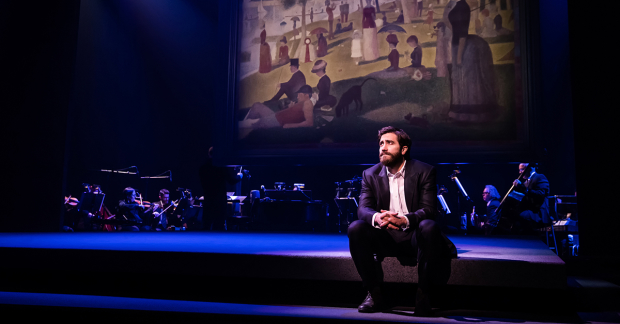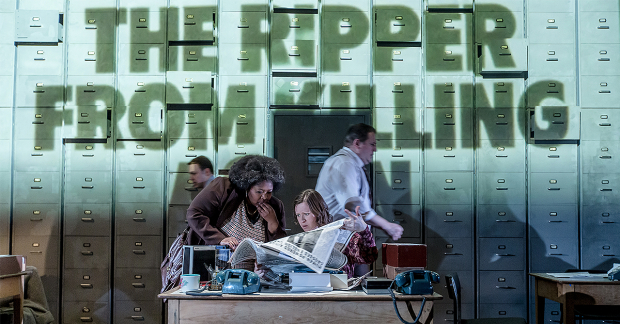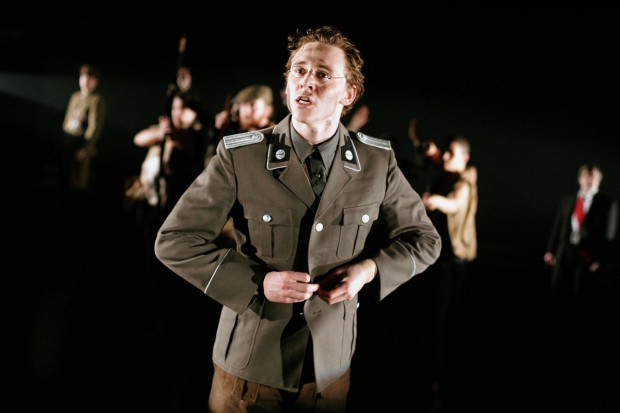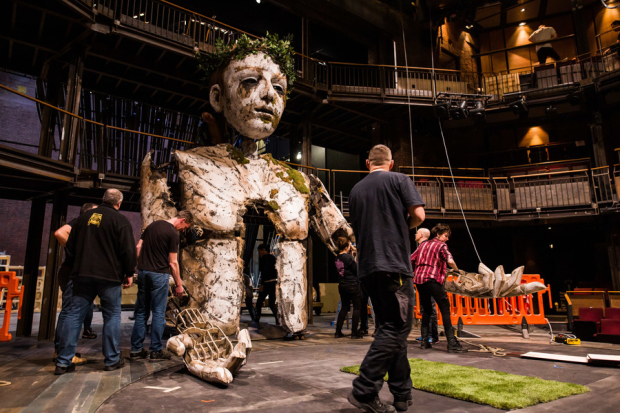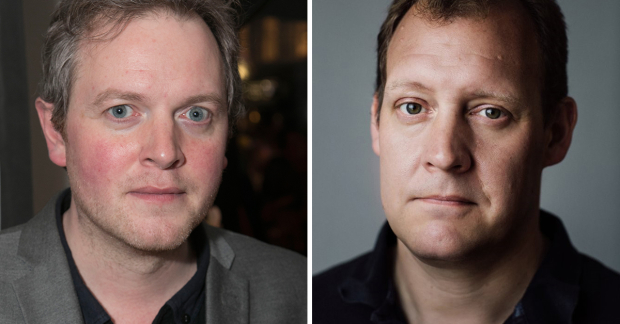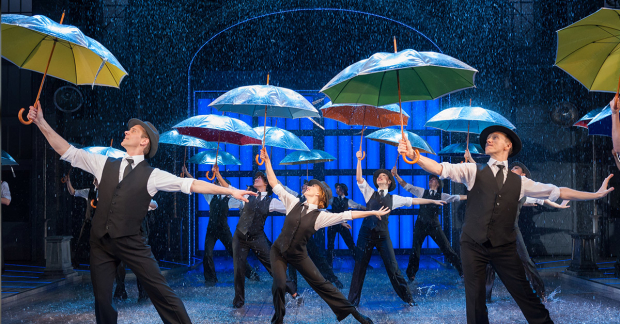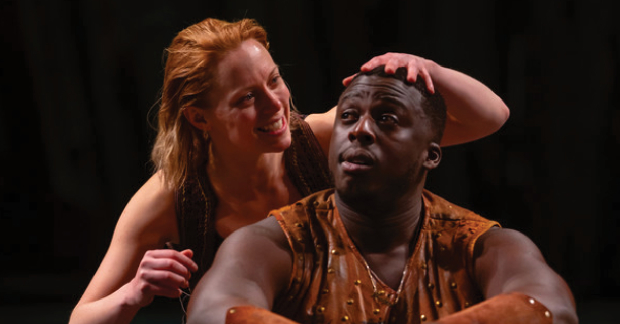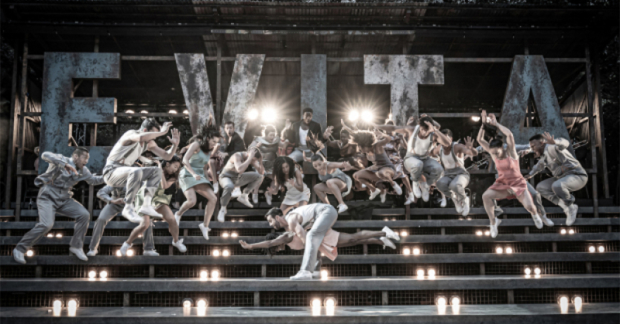Review: The Revenger's Tragedy (Barbican Theatre)
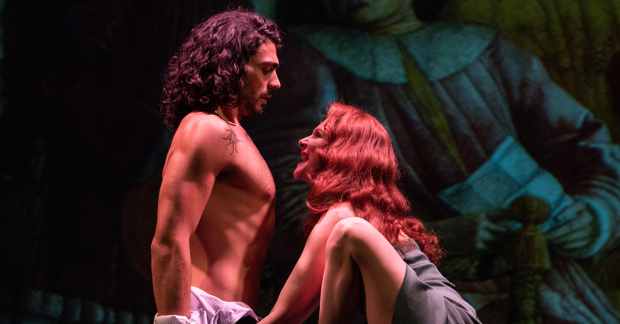
© Masiar Pasquali
It seems strangely appropriate to be settling down to watch a drama about revenge, corruption and the omnipresence of death in these unsettled times. Perhaps that's why the Jacobean revenge dramas are suddenly back on the stage; hot on the heels of Women Beware Women at the Globe and The Duchess of Malfi at the Almeida, comes Thomas Middleton's The Revenger's Tragedy.
The fact that it is presented by the Piccolo Teatro di Milano in a co-production with Cheek by Jowl, when Italy is the European country currently worst affected by the coronavirus outbreak, ironically underlines the overbearing sense of contagion that permeates this brand of theatre. It's the picture of a society diseased that allows their crazed plots about revenge to fester and boil.
I used to love this roughly grouped set of plays when I was younger; their stories often conveyed in language that has a rugged sense of light and dark, their moral outlines clear even as the characters are ambiguous. Now I wonder how you stage their gory bloodlust with any credible dramatic force. They don't often work in modern theatre.
It's to the credit of this production, played unbroken at just over two hours, that it gives it such a good go. Designer Nick Ormerod sets the scene with a superbly conceived wall of blood red wood, that splits apart to reveal projections of Italian paintings that ground each scene. Stefano Massini (best known here as the Italian originator of The Lehman Trilogy) has provided a punchy, much-cut text, conveyed in Italian with surtitles. It reduces many elements of the tragedy to pure farce, but then the plot, in which the aptly named Vindice wipes out an Italian court because the evil Duke has poisoned his beloved fiancée Gloriana, is often ridiculous.
The treatment, emphasised by Declan Donnellan's broadly contemporary and free-flowing production, doesn't always work. The scene when Vindice, in disguise, tempts his mother Gratiana to persuade his pure sister Castiza to give herself up to the lecherous Lussurioso (keep up at the back) is played for wild laughs; yet it should surely be more chilling. Equally, any poetry in Middleton's language is stripped away.
But Donnellan preserves the sense of horror when Vindice kills the Duke by tricking him into kissing his betrothed's poisoned skull. It's a moment of pure theatricality, heightened by white light, staged like a memento mori (though I could have done without the modish video filming of the bloody scene that follows).
The problem is that after that, the production, like the play, falls apart. There are funny scenes and chilling scenes as the plot works its way to its inexorable conclusion, but they all feel a little long and pointless. The decision to strip out the one good character (there is no point in my even trying to explain who is he is) who provides some kind of ethical equilibrium at the close, works in terms of emphasising the amoral brutality of the world depicted, but not necessarily in terms of helping Middleton's plot reach any kind of ending.
Perhaps that's the point, but somehow the energy and hard-edged brilliance drains away. As Vindice, Fausto Cabra is tireless in his commitment and invention, but even his efforts can't quite stem the sense of drift. Marta Malvestiti is an impassioned Castiza and Ivan Alovisio, Christian Di Filippo and Errico Liguori have fun as the Duke's scheming sons, but there's not enough danger or darkness amidst the high jinks. There's a wild Pina Bausch style dance at the end but by then I was longing for it to be over.



